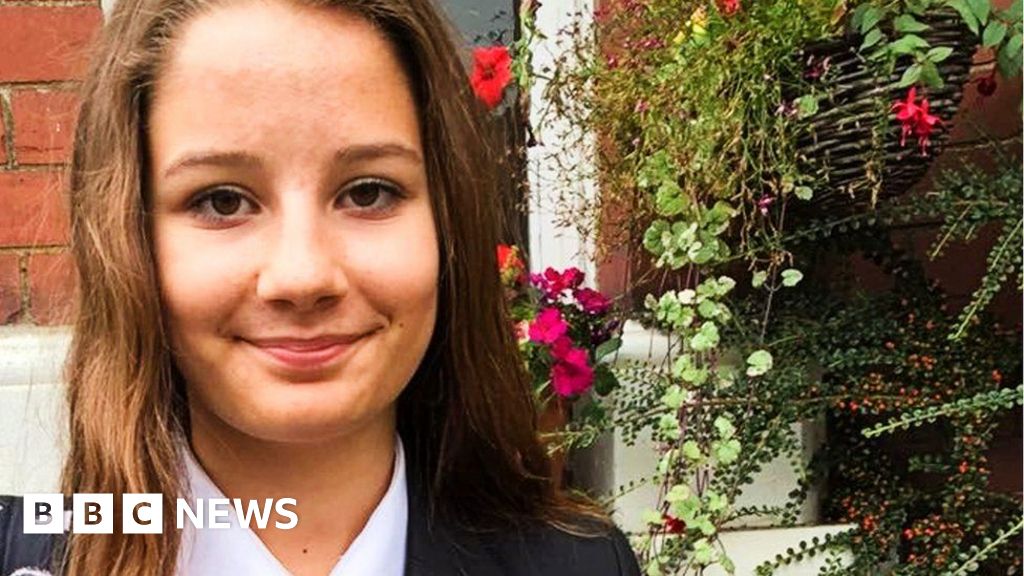The boss of Pinterest has told the BBC the death of Molly Russell is a daily reminder of the urgent need to make social media safer for young people.
The app – which functions like a digital notice board – hit the headlines when the 14-year-old, from Harrow, in northwest London, took her own life in 2017 after viewing self-harm content online on sites including Pinterest.
A coroner later ruled the material she was exposed to contributed “in a more than minimal way” to her death.
Addressing the case publicly for the first time, Bill Ready – who became Pinterest’s boss in 2022 – said he thought about her “every day” and learning the lessons of her death “guides our work”.
“As a parent of a young daughter, I can’t imagine the pain Molly’s family feels,” he told the BBC.
Pinterest has previously acknowledged the platform was not safe at the time of Molly’s death.
A hearing in 2022 was told that when she first used the platform she was exposed to a wide variety of content but in the months before she took her life that content was much more focussed on depression, self-harm and suicide.
Mr Ready told the BBC the platform had since “made significant strides” in terms of providing “age-appropriate, safe experiences, especially for young users.”
He highlighted how it had made accounts for under-16s fully private, and private by default for under-18s, meaning strangers cannot contact children directly – though he admitted Pinterest was still “by no means perfect.”
Since Molly’s death there has been a nationwide debate about the duty of care tech companies owe children, with calls for tighter regulation of social media.
The government has sought to make children’s digital lives safer through the Online Safety Act (OSA). Critics say it does not go far enough but some tech firms have complained it puts unfair restrictions on them.
Mr Ready said policy-makers should ignore those who claimed social media couldn’t be made safer.
“I think what politicians so often face is significant pushback from industry to say: ‘well, it’s just not possible to do all these things'”, he told the BBC.
“I hope our role in all this is to show that is.”
Earlier this year the company donated to the Molly Rose Foundation, which was set up in the teenager’s memory and works to reduce suicide rates among under 25s.
Reacting to Mr Ready’s comments, its chief executive Andy Burrows said the charity welcomed “any meaningful commitment from tech firms” to learn from what happened to Molly and to make the “safety and wellbeing of teenagers” a priority.
Mr Ready said social media companies could learn from the automotive industry which had learnt to compete on safety.
“It wasn’t long ago that major carmakers said seatbelts were against their business model,” he said.
“Now families want the cars that most exceed crash test ratings. Why shouldn’t parents want the same from the apps their children use?”
He said that wasn’t the case now with the tech industry split between companies “throwing caution to the wind” and those trying to build responsibly.
“Social media has become too toxic – the industry needs accountability,” he said.
However industry expert Matt Navarra noted that, as one of the smaller players in the market, there were limits to the impact Pinterest could have.
“Pinterest can set the example and lead safety matters in the industry if it wants to try – but TikTok and Instagram set the rules,” he told BBC News.
“Until the giants copy and the major platforms follow, not much changes.
So Pinterest can talk safety all it likes but unless others follow suit, parents won’t see much different where it really matters.”

